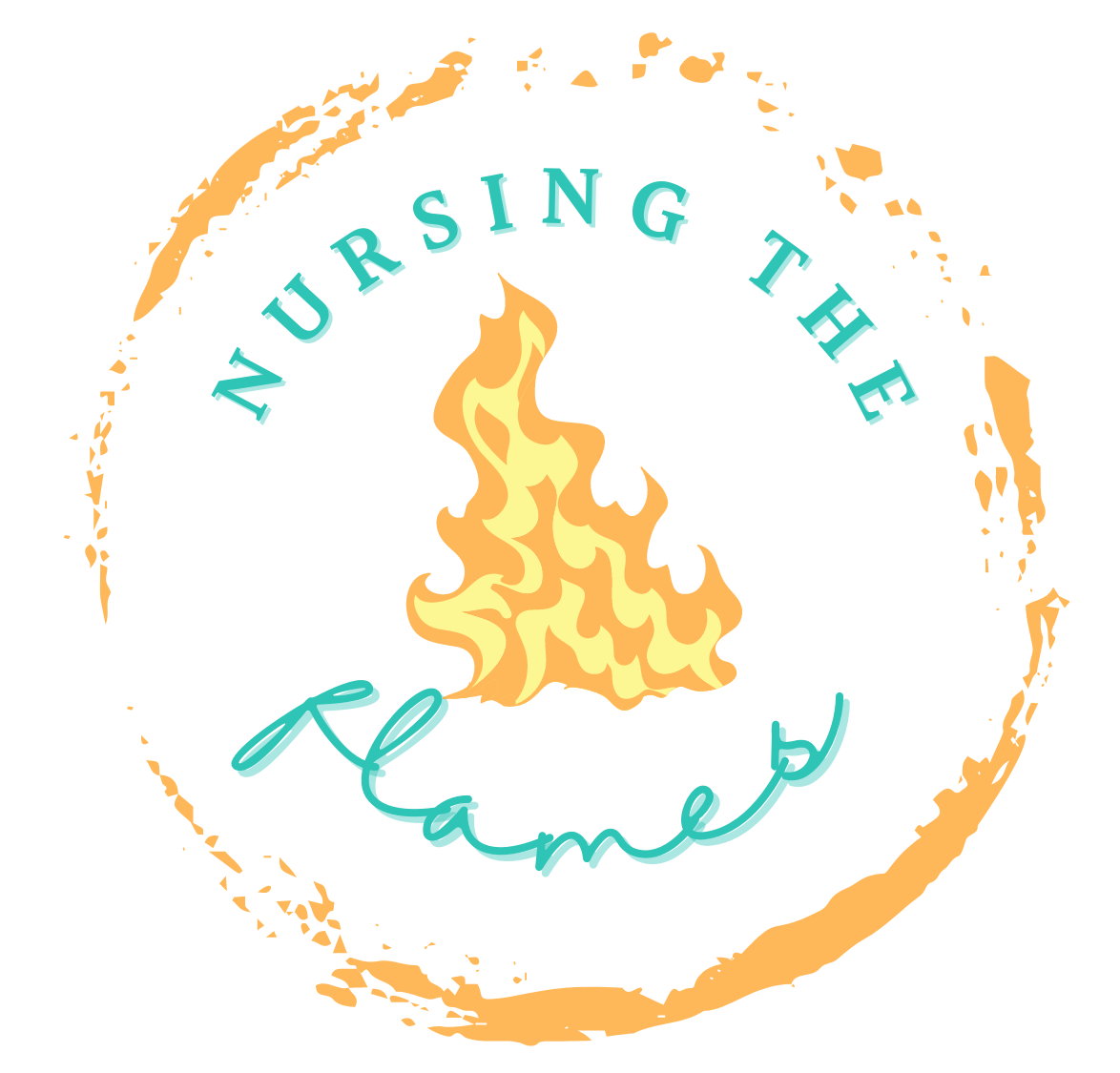DEBT
The word in and of itself is unassuming with its silent B and short stature. In fact, I’ve grown quite fond of 3/4 of the word being that I use my name to form the word. But for many this subtle little word indicates whether they sink or swim in life. Whether their bills are paid. Whether they get along with their spouse this month or whether divorce is imminent. Being indebted to banks, collection agencies, credit card companies, and even family takes its toll on your personal and financial health. It can determine so much of your life outcomes, because it’s hard to save when you’re drowning in debt. It’s time to start focusing on paying off debt and focus on our financial health and wellness!
Prepare for the fight

I’m not going to sit here and complete a diatribe on how being in debt is bad or “neither a borrower nor a lender be” or even the flip side that not all debt is bad. But I do want you to know that you can become rid of your debt. It’s totally feasible no matter how you may be feeling right now. Though it can feel like a ball and chain, I don’t want for you to see it that way as you’re taking an active role to fight your debt. I want you to go at it like a boxer who is fighting against a tough nemesis. If you train and prepare, going into the fight ready, you can and will be victorious!
Start paying off debt
I realize some circumstances may be more all-consuming then others. Owing a few thousand to a credit card company is much less intimidating than owing $200,000 on your student loan debt. And owing back payments after losing your job under the weight of the Corona Virus is also very overwhelming. Regardless of what kind of personal debt you find yourself in, the number one rule I can teach you? DON’T WAIT ANOTHER DAY!!! START TODAY and, for the love of all things holy, stop digging yourself further into debt!!!
I’m not an advocate for tearing up your cards or closing your accounts impulsively. This can have an impact on your credit score. I will cover the importance of the credit score in the near future. It may be a good idea to pull out your debit card and stick the debt-inducing cards away in a drawer for a bit.
As the first step after you decide to fight your debt, list out all of your non-mortgage debts, interest rates, monthly minimum.
ALL OF THEM.
Use a piece of scratch paper, graph it out, or use a spreadsheet. The important thing is to get an accurate picture of what you owe.
You are your best advocate for paying off debt!
Secondly, take some time to call your debtors. Ask if they have any debt forgiveness plans or any percent reductions for those who haven’t missed a payment. There will be no harm in asking. Places that loan money want their money back and would rather work with people than get none. Also ensure that there’s no penalty for early payoffs. Ensure that any added payments are applied to the principle and not the interest.
A quick overview of debt repayment theory
The Debt Snowball:

Traditonally, using the Debt Snowball method has worked well for people in paying off debt. A Debt Snowball is where you line up your debts from smallest to largest. You pay the minimum for every debt listed and put any extra money in your budget into the smallest debt, working hard to pay it off. The theory of the debt snowball isn’t to look at the interest rate that you’re paying but to get the first debt paid off, to give you early wins (and encouragement to keep going), and to free up money that you were using to pay off that debt to apply to the next smallest debt.
The snowball forms as you compile what you’re paying for the paid off debts and apply those to the next one in line and eventually you are knocking your debts off quickly. On most debts this will work pretty well and definitely will get your debts taken care of. With the frequent wins, psychologically you should be encouraged to keep going.
Debt Avalanche

Another feasible option is the Debt Avalanche.
In the Debt Avalanche you pay off the debt with the highest interest rate first. This seems to make the most sense if most of your debts have similar amounts or if you have a debt that has an insane interest rate compared to the others. For example: let’s say you have $10k in student loans with 3% interest and have $12k in credit card debt on a 25% interest card. First off, PLEASE NEVER DO THAT AGAIN!!! The only person that ever wins with those interest rates is banks! But most importantly, you are clearly throwing away massive amounts every month on your credit card interest.
Even though your student loan is less than your cc debt, you are clearly being gauged more by the cc company, so in this case I would get that credit card avalanched first so that the interest rates don’t take you down with them. You may not feel like you’re having the quick wins like the debt snowball but keep track of your numbers if you need motivation. You will quickly see that you’re saving a windfall in interest payments alone! And I reiterate, if you have high interest rates like this, never hesitate to ask what they’re willing to do for you, their customer. Worst they can say is “no”!
Don’t just willy nilly paying off your debt! Have a plan!
There’s another option that many people do that holds no credence in the logic department. This involves paying off a little extra from each debt every month. Yes, it’ll help each debt get closer to pay off. But you don’t gain any leverage. There’s no rolling or cascading snow to help you gain momentum. Pay off one credit card and move to the next! Get that snow a-rollin’!
Take a little time over the next few days to set your plan of action in place. It may take a bit to figure out whether the avalanche or snowball are your payoff plan of choice. Get debt payoff started ASAP!! You can never go wrong with quick wins of the debt snowball and can switch once you get momentum. This is truly an amazing step to peaceful rest and being able to start to build goals for your future. Remember (as with most things in life), it didn’t take you overnight to become swimming in debt. Therefore, getting out of debt won’t happen overnight. It’s about taking intentional steps to pay off debt and repeating them one after another consistently. You’ve got this! Now, go play in the snow!! 💛
$
Working to further secure your financial future…
While I highly encourage you to follow through with all of the financial build blocks that lead to financial wellness, I don’t want you to be overwhelmed if you’re merely wanting to figure out how to maximize your debt payoff. If you are wanting to do all the things and take all the steps, start with listing out all of your monthly expenses and tracking them (go here to learn how), set up a budget, cut your expenses, save up a small emergency fund, meet your work match, and then start paying off your debts. I want to keep this basic for those that are looking to find their best way to allocate their money in debt payoff. Sometimes keeping it simple and just getting started is the best strategy.
